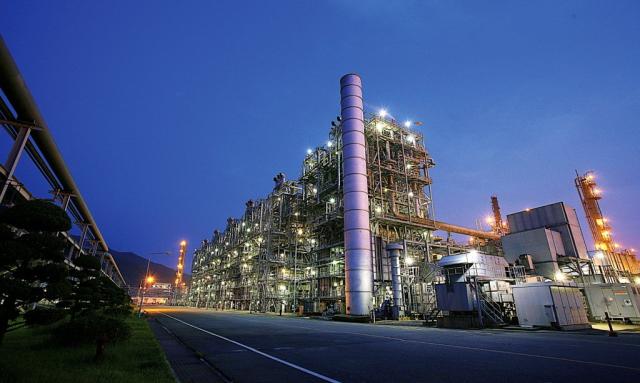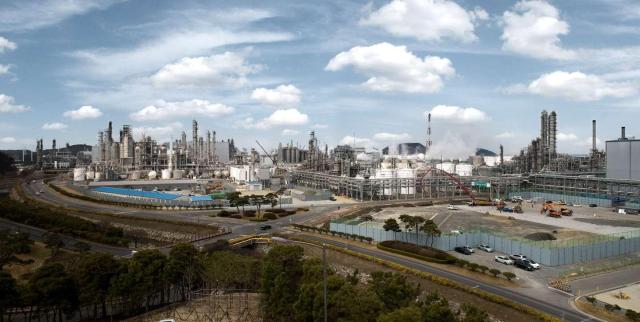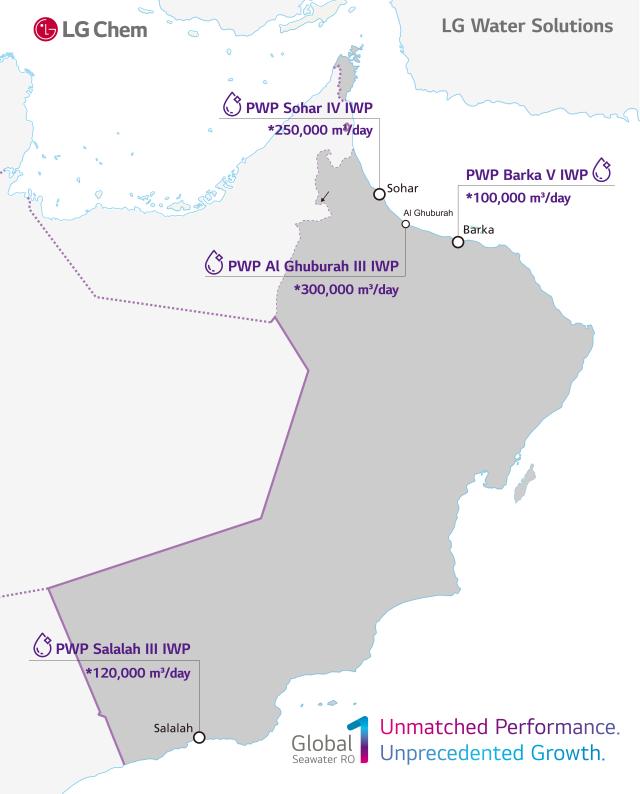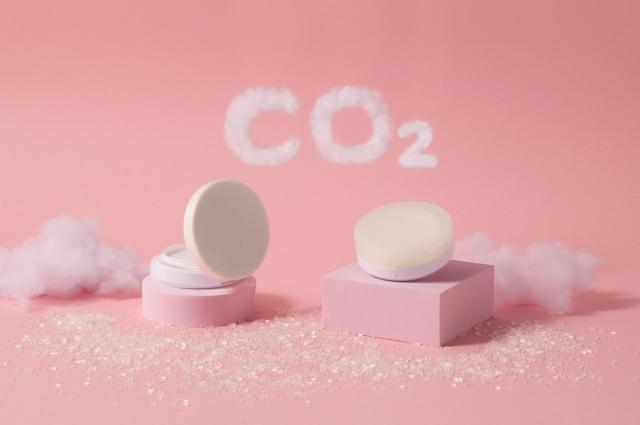
SEOUL -- LG Chem will work with Eni SM, a state-run energy company in Italy, to build a factory that produces hydrotreated vegetable oil, a bio-based fuel that can be made through the process of either hydrocracking or hydrogenation of vegetable oil. Because the eco-friendly fuel has an extremely low freezing point, it can be used as automobile or aviation fuels.
Hydrotreated vegetable oil (HVO) is made through either hydrocracking or hydrogenation of vegetable oil. Hydrocracking dismantles large molecules into smaller ones, while hydrogeneration is the process of adding hydrogen to the molecules of vegetable oil. These methods are often utilized to create alternative sources for chemical feedstocks. Diesel fuel created by hydrotreating is called renewable diesel.
LG Chem said the company partnered with Eni SM to set up a joint HVO plant at its production base by 2026 in Daesan, about 100 kilometers (62 miles) southwest of Seoul. The two groups that signed a head of agreement (HOA) to build the plant in February 2023 are currently carrying out technical and economic feasibility tests.
HVO can also be used to produce superabsorbent polymer (SAP), a raw material for diapers and various hygiene products, and acrylonitrile butadiene styrene (ABS), a common thermoplastic polymer for manufacturing household and consumer goods as well as medical and industrial products.
"We will continue to conduct projects for the transition into environmentally-friendly and low-carbon raw materials to reduce carbon emissions," LG Chem's vice chairman Shin Hak-cheol said in a statement on September 14. According to LG Chem, global demand for HVO is projected to increase to 40 million tons by 2030 from 9.7 million tons in 2021.
Copyright ⓒ Aju Press All rights reserved.





View more comments